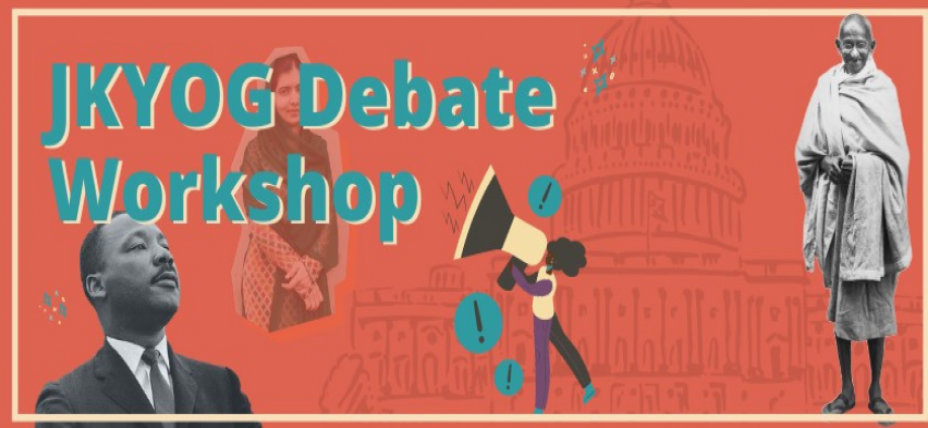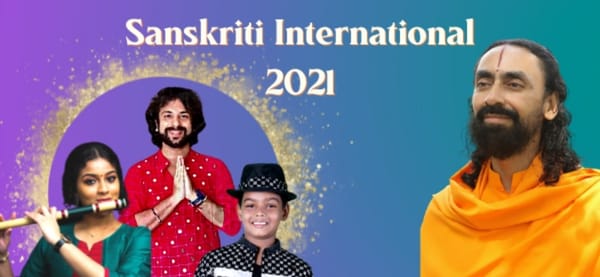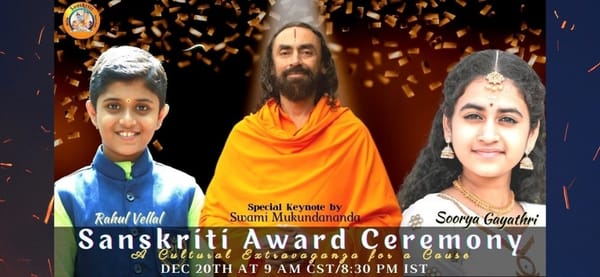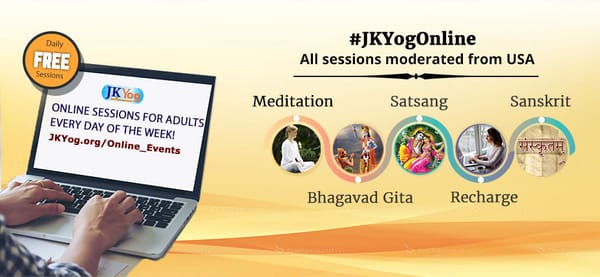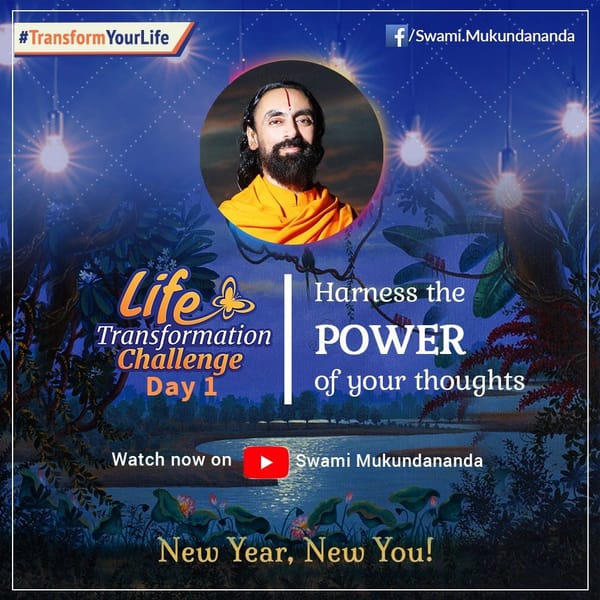From July 28 to August 25, JKYog hosted its first annual 5-week debate workshop, concluding with a tournament on August 29. Over the five weeks, 20 students from across the United States came together to learn about key fundamental concepts to create thought-provoking and persuasive arguments. While planning for the workshop and tournament, JKYog Youth Volunteers, put together a syllabus of projects, resources, and activities centered around the students gaining more confidence when speaking in a public setting, learning to leverage logic and language skills to build concrete arguments,and finally expanding their own knowledge of current issues.

During the introductory first week, students learned that “debate is a formal discussion on a particular topic in a public meeting or legislative assembly, in which opposing arguments are put forward.” Furthermore, the power of advocacy of oneself and marginalized groups, and how oftentimes in history people have had to channel skills such as the ones the students would learn in the five-week workshop to stand up for those whose voices had been suppressed. Once introductions and an initial opening to the class had been made, students did impromptu speeches on random topics presented. By the end of the first week, students started to understand the underlying motivation for debate, and how good public speaking that oftentimes is impromptu and spontaneous and crucial components for good debate.
As the students arrived into the second week, they were now more familiar with what debate was; however, many had yet to know about the many different forms of debate that occur in the middle and high school competition level. Students were introduced to different forms such as Public Forum, Parliamentary, and Lincoln Douglas, with Public Forum being the one that the students would be debating in during the tournament. Additionally, students also learned the ethical standards for debate, which included an activity, in which all students heavily participated. The activity was based on one of the most discussed questions, the Trolley Problem, in philosophy forums. This discussion aimed to bring a more nuanced approach to debate and understanding that there are almost always competing sides to a problem. Different people who have different frameworks for ethics will often go into the same problem and come out with a different outcome.

Over the next few weeks, students learned about the intensive process of building a case as they were prepping for their own in preparation for the tournament. They were partnered up and introduced to different strategies and methods that they could use to navigate their own debate rounds.
The day of the tournament had arrived, all the students had tirelessly prepared their cases, practiced with their partners, and were now ready to debate against an opposing group. With the help of the many parents that gave their valuable time to judge, partners were paired up. One group representing the affirmation, and the other the negation, the students debated on the topic “The United States federal government should enforce antitrust regulations on technology giants.” After two rounds, Pradyun and Tanya were the first place winners, and Mihika and Amritha were the second-place winners. All the students performed exceptionally well and it was apparent that each and every student came away with more knowledge about debate.




